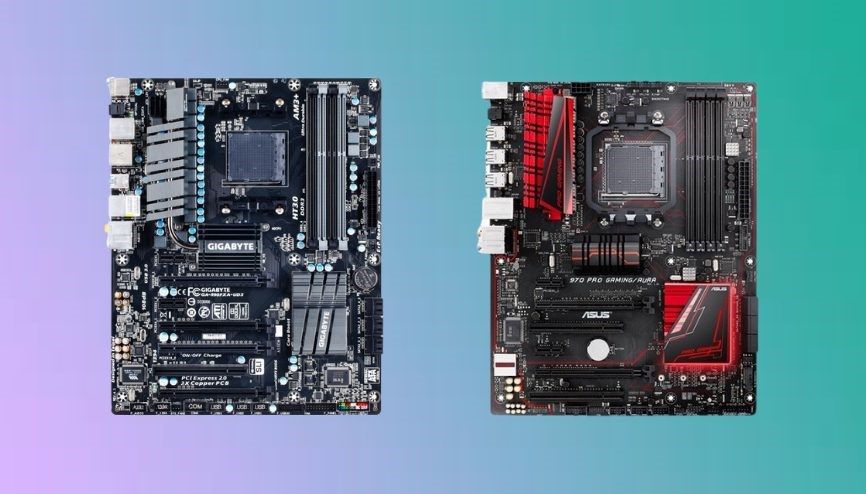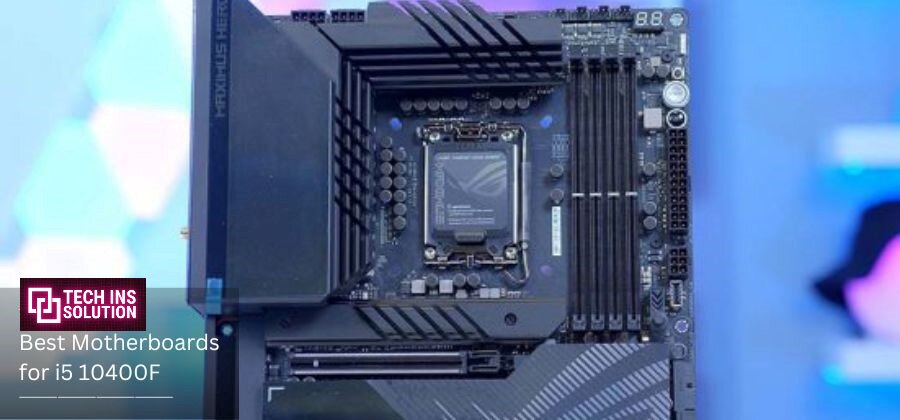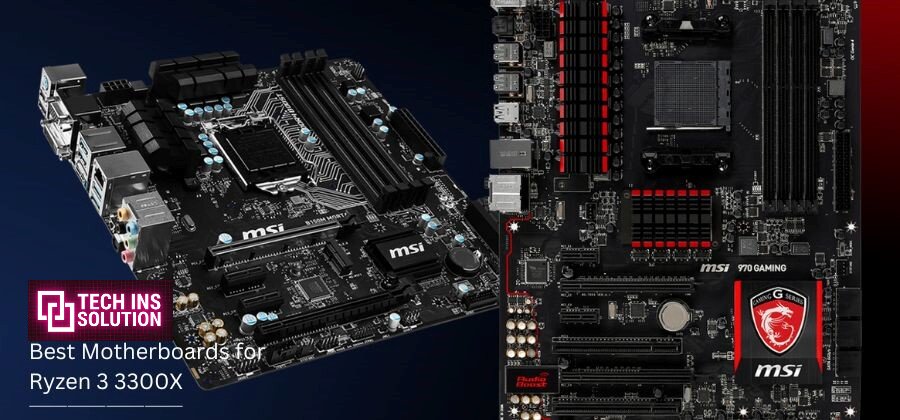Before we dive into this topic, let’s really cover what FPS means and how it impacts your gaming experience. FPS stands for “frames per second”—its’s basically how many individual images the screen displays every single second. 30 FPS means the screen shows 30 frames in a second. But that’s generally not smooth enough. Higher FPS means way smoother animations, especially in action-packed games. You’ll really notice the difference between 30 FPS and 60+ FPS.
Now your CPU (central processing unit) is a super important part of your PC. It basically acts as the brain, controlling how well everything runs. But there can be things that slow a CPU down, and overheating is one factor we’ll look at. We’re going to cover whether an overheating CPU affects your FPS in games. Plus other stuff that impacts performance. Stick around until the end to get all the details on optimizing your gaming experience. This is some useful information for any gamer.
KEY TAKEAWAYS
- The CPU (central processing unit) is what handles all the calculations and stuff games and programs need to run.
- A CPU can overheat when it’s working really hard, like with demanding games, or if its cooling isn’t very good. Something like a dirty or broken fan or heatsink.
- The CPU does affect your FPS (frames per second on screen). This depends on how well-optimized the game is and how demanding it is on the CPU.
- An overheating CPU can cause FPS drops. This is because when it gets too hot, it’ll slow itself down to cool off. Less speed means lower frames.
- You might also get FPS stuttering from an overheating CPU. The speed and frames bounce between high and low as it tries to regulate temperature, which causes inconsistent frame rates.
Does an Overheating CPU affect FPS in game?
If your CPU is having temperature issues and overheating, that’s a major red flag. If a CPU gets too hot, it can literally fry itself. It can cause your games to suddenly crash or just straight up shut off while you’re playing. Super low and unstable FPS is the absolute worst thing ever for online competitive games. You need smooth gameplay to stand a chance against other players. So in short, yes, an overheating CPU will 100% affect your FPS. Hot hardware cannot run as well as cool hardware. If your CPU is overheating, that’s something you really have to address before it messes up your whole system.
How to detect an overheating CPU?
Indications of an overheating CPU: There are a few clear signs that your CPU may be overheating:
- Sudden and repetitive shutdowns and restarts: If your PC keeps turning off and on again unexpectedly, it’s likely your CPU is getting too hot.
- Loud fans: An overheating CPU will cause the fans to work overtime to cool it down, making more noise.
- System lag: performance will start to grind to a crawl as the CPU struggles under high temperatures.
- Common Causes of CPU Overheating
- Some common reasons CPUs get too hot include:
- Poor cooling system: damaged or faulty fans can’t do their job properly. Make sure your ventilation is optimal.
- Heavy workload: intensive tasks like games max out the CPU for long periods, generating more heat.
- Overclocking: Pushing your CPU too far without strong cooling can damage it from overheating.
- Viruses and malware: Extra processing demands from infected files make CPUs heat up excessively.
- Outdated software: Old drivers and programs aren’t optimized, stressing the CPU unnecessarily.
- How Overheating Affects FPS
- A scorching CPU has a big impact on your gaming frame rates.
- FPS drops severely. An overheating CPU has to underclock itself to cool down, lowering your frames.
- Game stutters: Jumpy frame pacing occurs as the CPU speed fluctuates while regulating temperature.
- Other FPS killers
- There are a few other factors beyond overheating that can tank your frame rate:
- Outdated hardware: Older GPUs and CPUs just can’t push high framerates in new games.
- Outdated drivers: Graphics drivers need updating regularly for best performance.
- Slow RAM: Insufficient or single-channel RAM hamstrings your CPU’s abilities.
- High game settings: the better the graphics, the more demanding it is on your hardware.
Conclusion
An overheated CPU will totally jack up your frames per second (FPS) when you’re trying to play. We all know FPS is what makes your game feel smooth or janky, right? And the CPU is the heart of your rig; without it, your PC ain’t nothing. Keeping your CPU cool is mega important if you want that buttery gameplay. When it’s too hot, it’s got to slow itself down to avoid frying. And that means your frames take a nosedive. Smoothness is key for an awesome gaming session. CPUs overheat for stuff like dust buildup, viruses, and outdated software. The good news is that those are all easy fixes: just clean your CPU regularly, stay on top of malware protection, and update everything.
That article does a sick job of laying it all out—exactly how an overheated CPU will hose your FPS. Plus, it gives you some ways to chill your CPU back out so you can get back into the game. Crucial stuff if you’re trying to be competitive. So bottom line: if you notice your CPU running’ hot while you game, don’t sleep on it, dawg. Sort it out so you can get back to graphics and frames galore. A chill CPU is the only way to play at your best.

![Best GPU for Ryzen 5 5600X [Updated 2024]](https://techinssolution.com/wp-content/uploads/2024/02/1-1-1.jpg)
![Best GPU for i5 10600K [2024]](https://techinssolution.com/wp-content/uploads/2024/05/feature-image-1.jpg)
![8 Best GPU for Ryzen 7 5700G [2024] Guides](https://techinssolution.com/wp-content/uploads/2024/05/feature-image.jpg)
![Should I buy a tray Processor? [Explained with Pros & Cons]](https://techinssolution.com/wp-content/uploads/2024/04/feature-8-1.jpg)
![What are CPU Cores? [All functions explained] 2024](https://techinssolution.com/wp-content/uploads/2024/03/feature-img-2.jpg)


